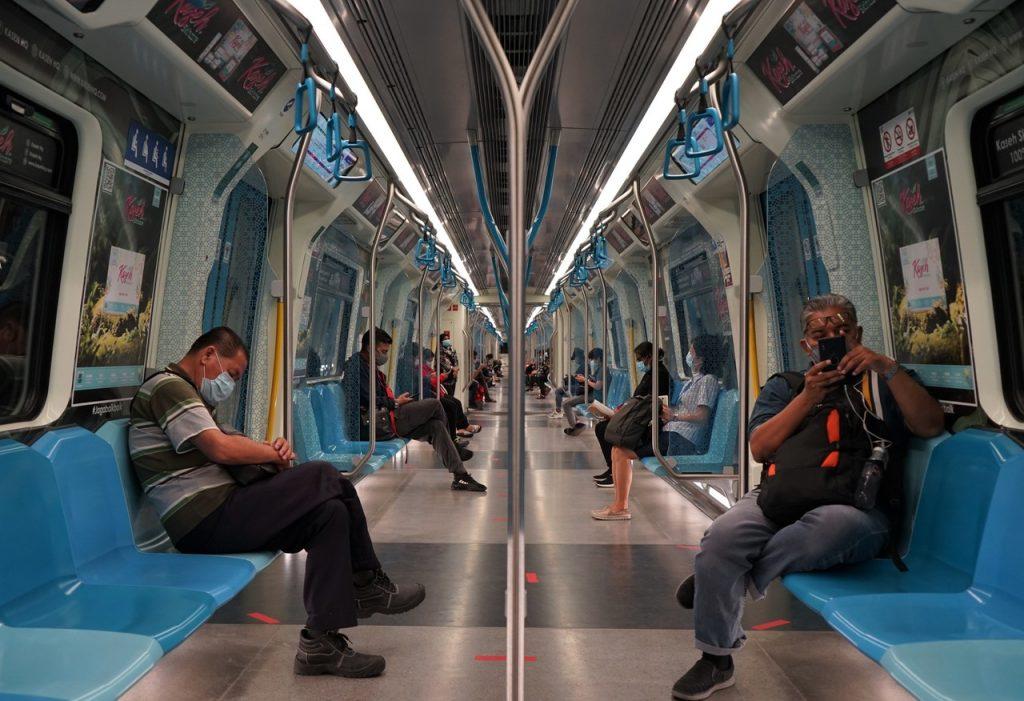Masks and social distancing ‘could last several years’
UK scientific advisers are saying maintaining basic policies which reduce transmission will be necessary for some time to come.
Just In
People may need to wear medical-grade face coverings and socially distance for several years until the world return to normality, a leading epidemiologist has predicted.
Mary Ramsay, the head of immunisation at Public Health England, said basic measures could stay in place until other countries successfully roll out jabs.
The UK set another record for the number of coronavirus vaccine doses given in a single day on Saturday, with 844,285 jabs, reports the BBC.
Ramsay said restrictions such as face coverings in crowded places and social distancing had become accepted by many.
“People have got used to those lower-level restrictions now and can live with them, and the economy can still go on,” she said.
“I think certainly for a few years, at least until other parts of the world are as well vaccinated as we are, and the numbers have come down everywhere, that is when we may be able to go very gradually back to a more normal situation.”
Warning it was “very important that we do not relax too quickly”, Ramsay said any circulating virus would inevitably pick on those who are vulnerable. “We have to look very carefully before any of these restrictions are lifted.”
Chris Whitty, the UK government’s chief medical adviser, told MPs earlier this month that it was hoped “simple interventions like washing hands, face masks where appropriate, test-and-trace, and above all vaccines”, would keep the virus controlled.
A group of government scientific advisers have said that “maintaining basic policies which reduce transmission” will be necessary for some time to come. These could include continuing test-and-trace, self-isolation, and public messaging.
The British government’s roadmap for easing lockdown in England states all limits on social contact will be removed no earlier than June 21.
Paul Nurse, chief executive of the Francis Crick Institute, has told the BBC there should be a rapid investigation into what happened during the first months of the pandemic.
“There was a slowness in political response, suggesting a failure of scientific and medical advice reaching political power,” he said.
“We should have a rapid investigation of the first part of the pandemic so we can learn the lessons and be bettered prepared for the future.”
Subscribe to our newsletter
To be updated with all the latest news and analyses daily.
